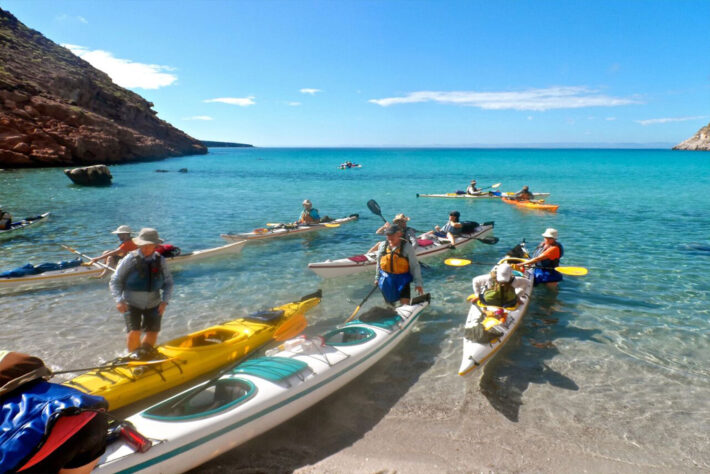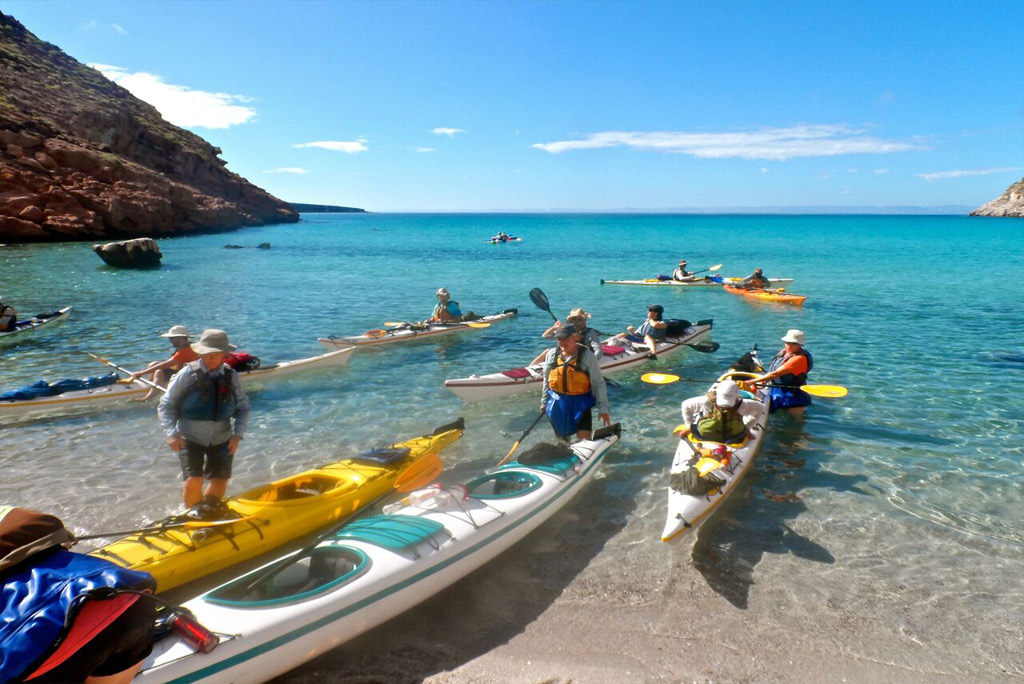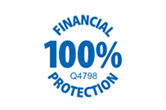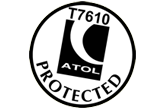Enjoy browsing our trips to Mexico, or click the button below to go to our extended site search.
Mexico Trips
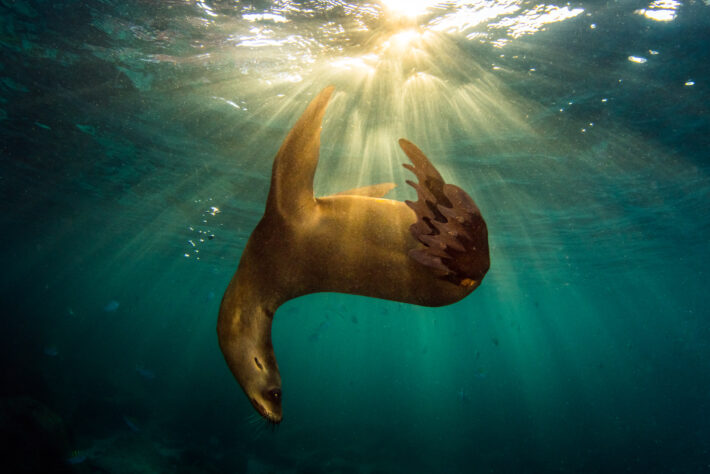
Mexico – Baja Adventure by Land and Sea
Mexico
The breathtakingly beautiful peninsular of Baja California is a long strip of rugged cactus strewn desert and dramatic coastline sandwiched between the Sea of Cortes and the Pacific Ocean.
DETAILS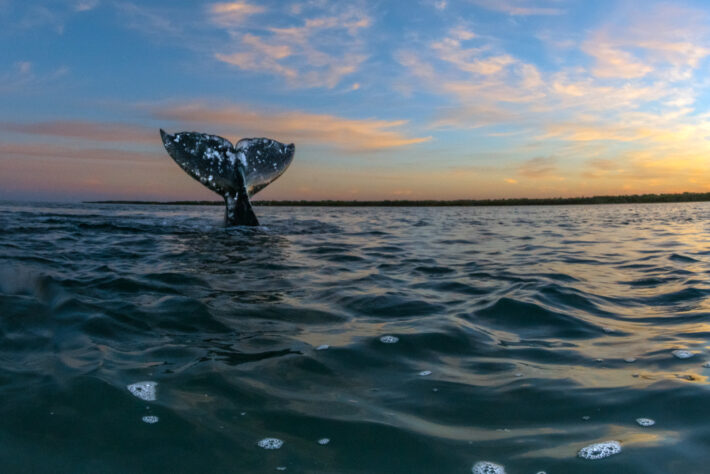
Mexico – Best Of Baja with Whale Watching in Magdalena Bay
Mexico
The breathtakingly beautiful peninsular of Baja California is a long strip of rugged cactus strewn desert and dramatic coastline sandwiched between the Sea of Cortes and the Pacific Ocean.
DETAILSMexico Country Information
About Mexico
Mexico, a far reaching Latin American country is rich in history, culture and its people are proud and passionate about everything from their traditions and festivals to their love of football. Though still marked by wide economic inequality, the country seems to be pushing a recovery through a recent call to action on the part of its president for Mexicans to “rediscover the country’s marvellous natural riches” and make Mexico a leading tourist destination. Mexican society in the cities seems to be well on its way to fostering a cosmopolitan lifestyle in the way of dining, entertainment and education. And so, travel information on destinations throughout Mexico is widely available and travel within the country is fairly easy via plane, bus or car.
Geography
Located between latitudes 14° and 33°N, and longitudes 86° and 119°W in the southern portion of North America and with a total area of 1,972,550 Km2, Mexico is the world’s 14th largest country. Mexico is crossed from north to south by two mountain ranges known as Sierra Madre Oriental and Sierra Madre Occidental, which are the extension of the Rocky Mountains from northern North America. From east to west at the centre, the country is crossed by the Trans-Mexican Volcanic Belt also known as the Sierra Nevada. A fourth mountain range, the Sierra Madre del Sur, runs from Michoacán to Oaxaca. As such, the majority of the Mexican central and northern territories are located at high altitudes, and the highest elevations are found at the Trans-Mexican Volcanic Belt: Pico de Orizaba (5,700 m or 18,701 ft), Popocatépetl (5,462 m or 17,920 ft) and Iztaccihuatl (5,286 m or 17,343 ft) and the Nevado de Toluca (4,577 m or 15,016 ft). Three major urban agglomerations are located in the valleys between these four elevations: Toluca, Greater Mexico City and Puebla.
Politics
Three parties have historically been the dominant parties in Mexican politics: the National Action Party (a conservative party founded in 1939 and belonging to the Christian Democrat Organization of America), the Institutional Revolutionary Party (a centre-left party and member of Socialist International that was founded in 1929 to unite all the factions of the Mexican Revolution and held an almost hegemonic power in Mexican politics since then) and the Party of the Democratic Revolution (a left-wing party, founded in 1989 as the successor of the coalition of socialists and liberal parties).
Economy & Tourism
Mexico has traditionally been among the most visited countries in the world according to the World Tourism Organization and it is the most visited country in the Americas after the United States. The most notable attractions are the Mesoamerican ruins, cultural festivals, colonial cities, nature reserves and the beach resorts. The nation’s wide range of climates, from temperate to tropical, and unique culture – a fusion of the European and the Mesoamerican – make Mexico an attractive destination. The peak tourism seasons in the country are during December and the mid-Summer, with brief surges during the week before Easter and Spring break, when many of the beach resort sites become popular destinations for college students from the United States.
Language
The main language spoken in Mexico is Spanish. Another 68 indigenous languages are spoken.
Religion
83% Roman Catholics, 10% Protestant & Evangelical, 5% No Religion, 2% Other Religion
PACKAGES
Mexico
Contact Us
Mexico
PACKAGES
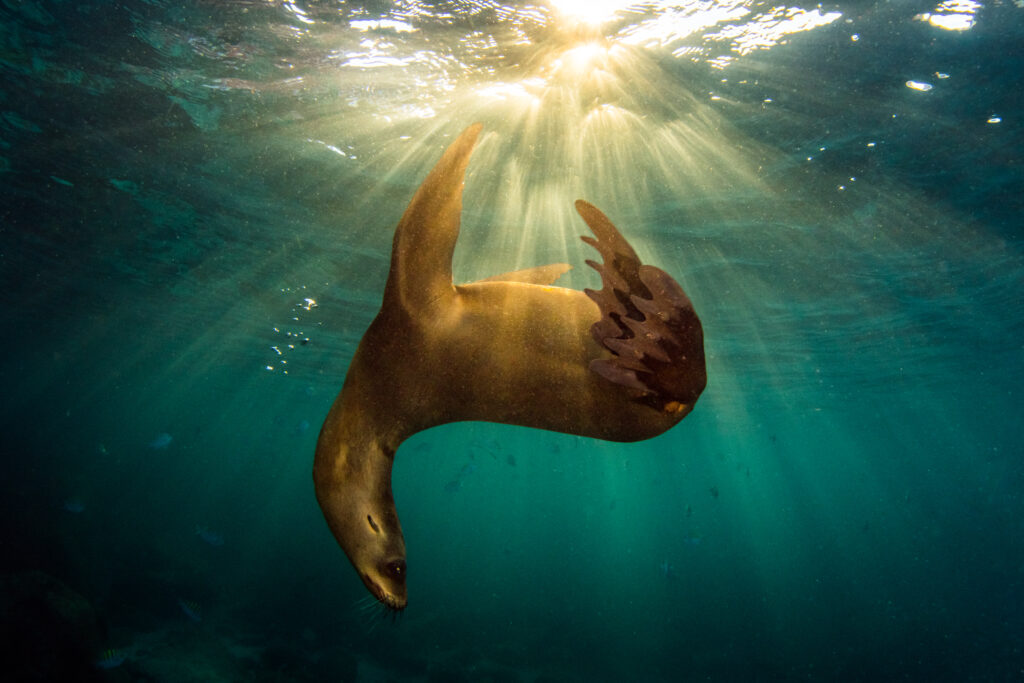
Mexico – Baja Adventure by Land and Sea
Mexico
The breathtakingly beautiful peninsular of Baja California is a long strip of rugged cactus strewn desert and dramatic coastline sandwiched between the Sea of Cortes and the Pacific Ocean.
DETAILS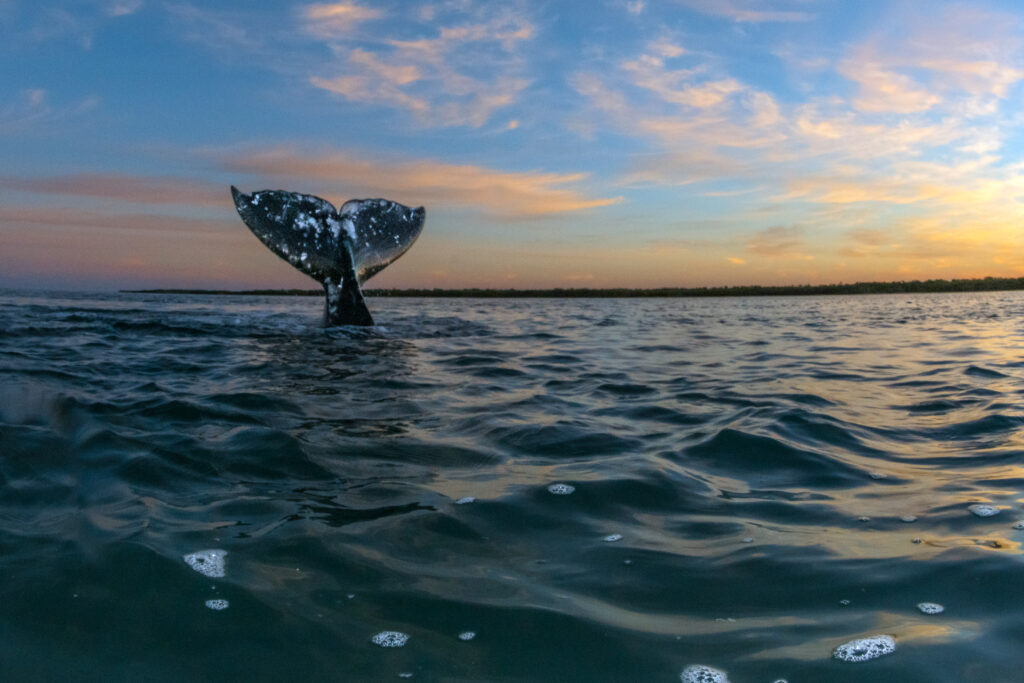
Mexico – Best Of Baja with Whale Watching in Magdalena Bay
Mexico
The breathtakingly beautiful peninsular of Baja California is a long strip of rugged cactus strewn desert and dramatic coastline sandwiched between the Sea of Cortes and the Pacific Ocean.
DETAILS
